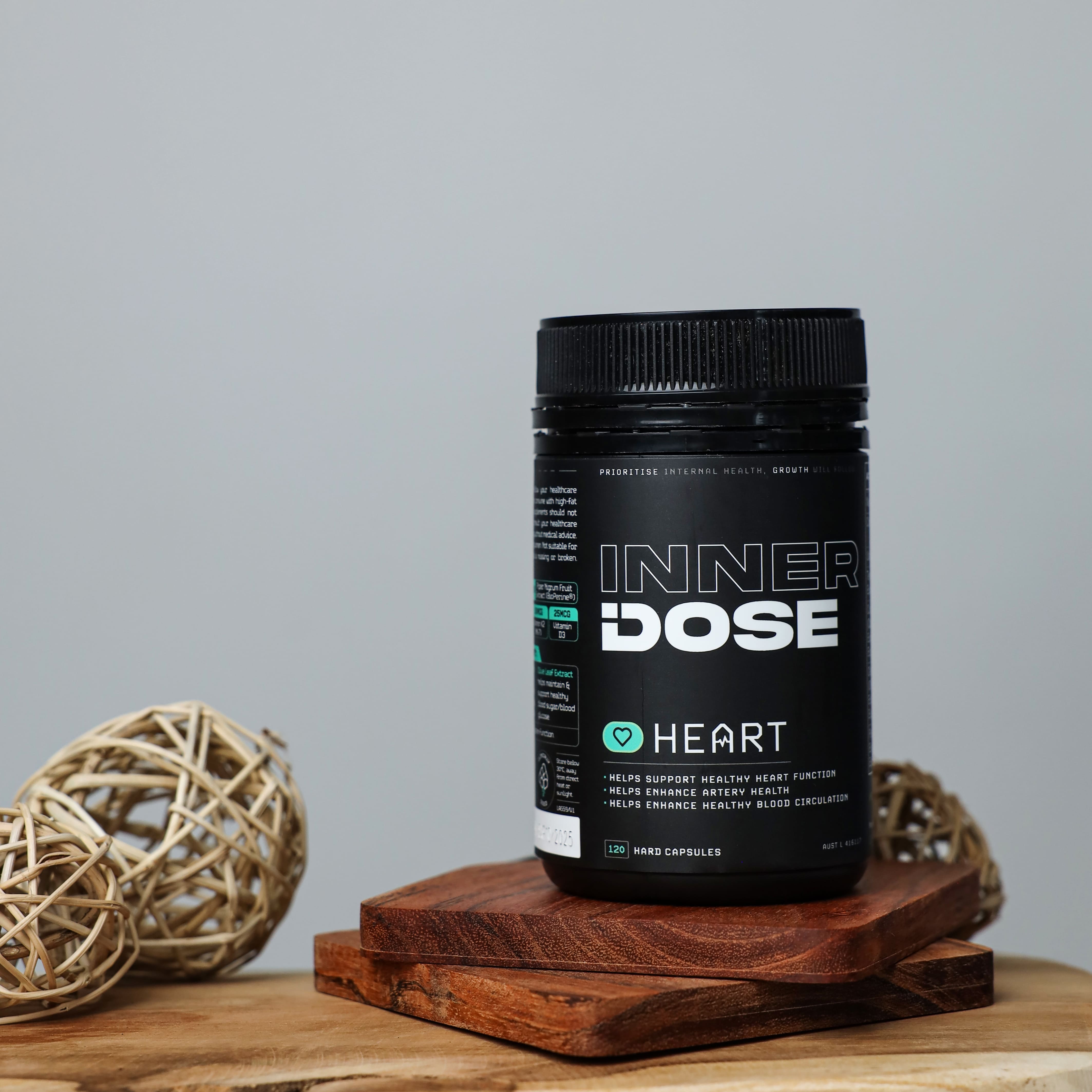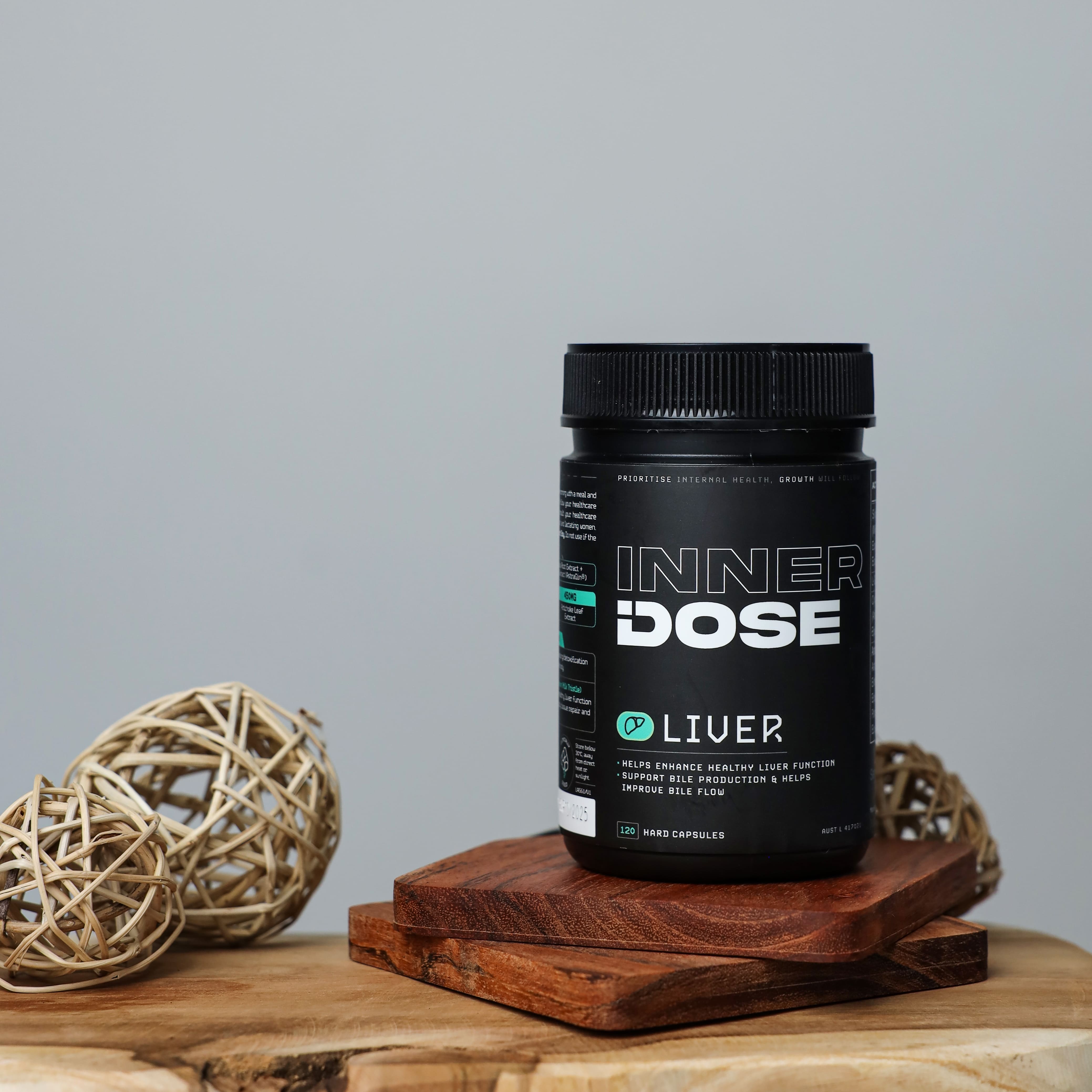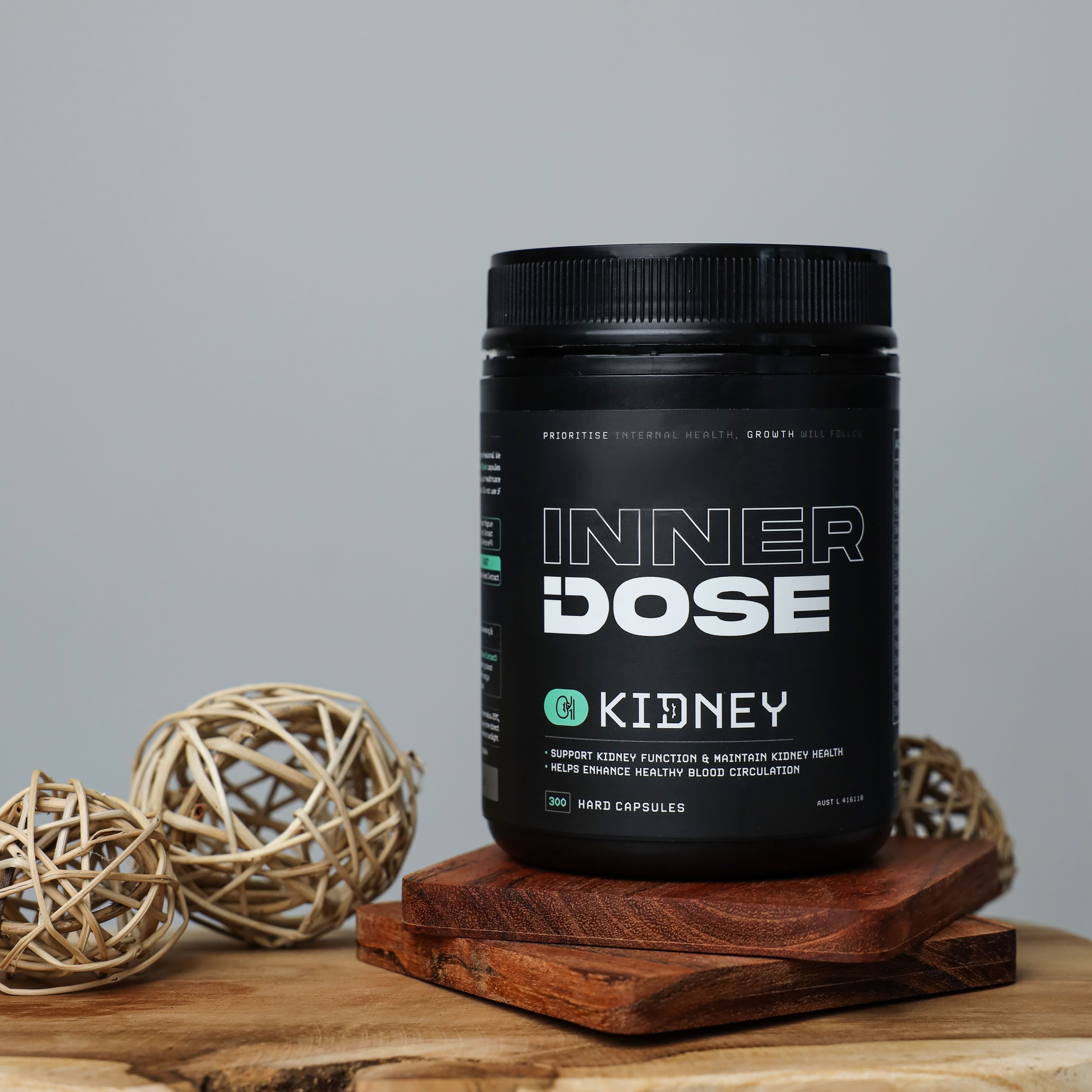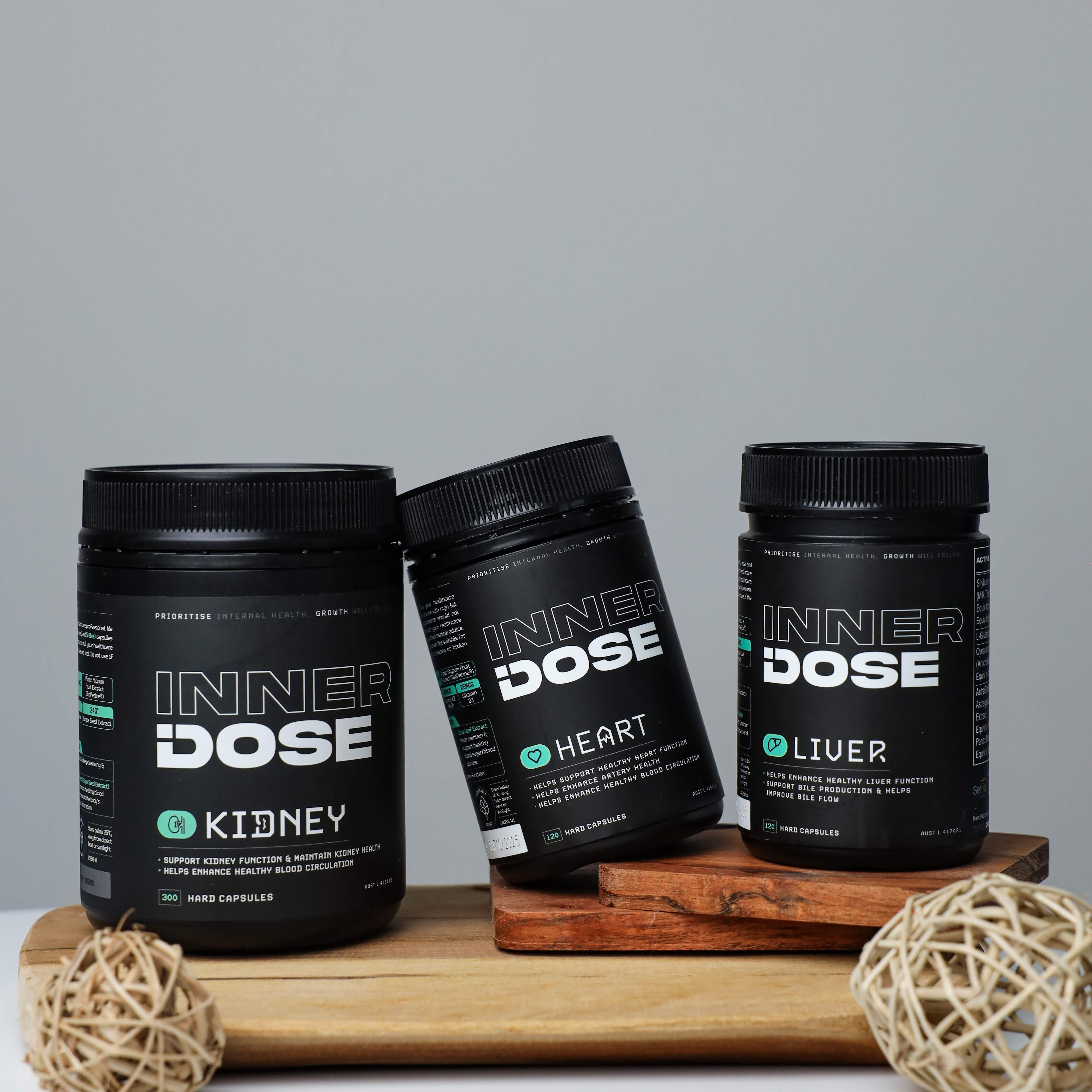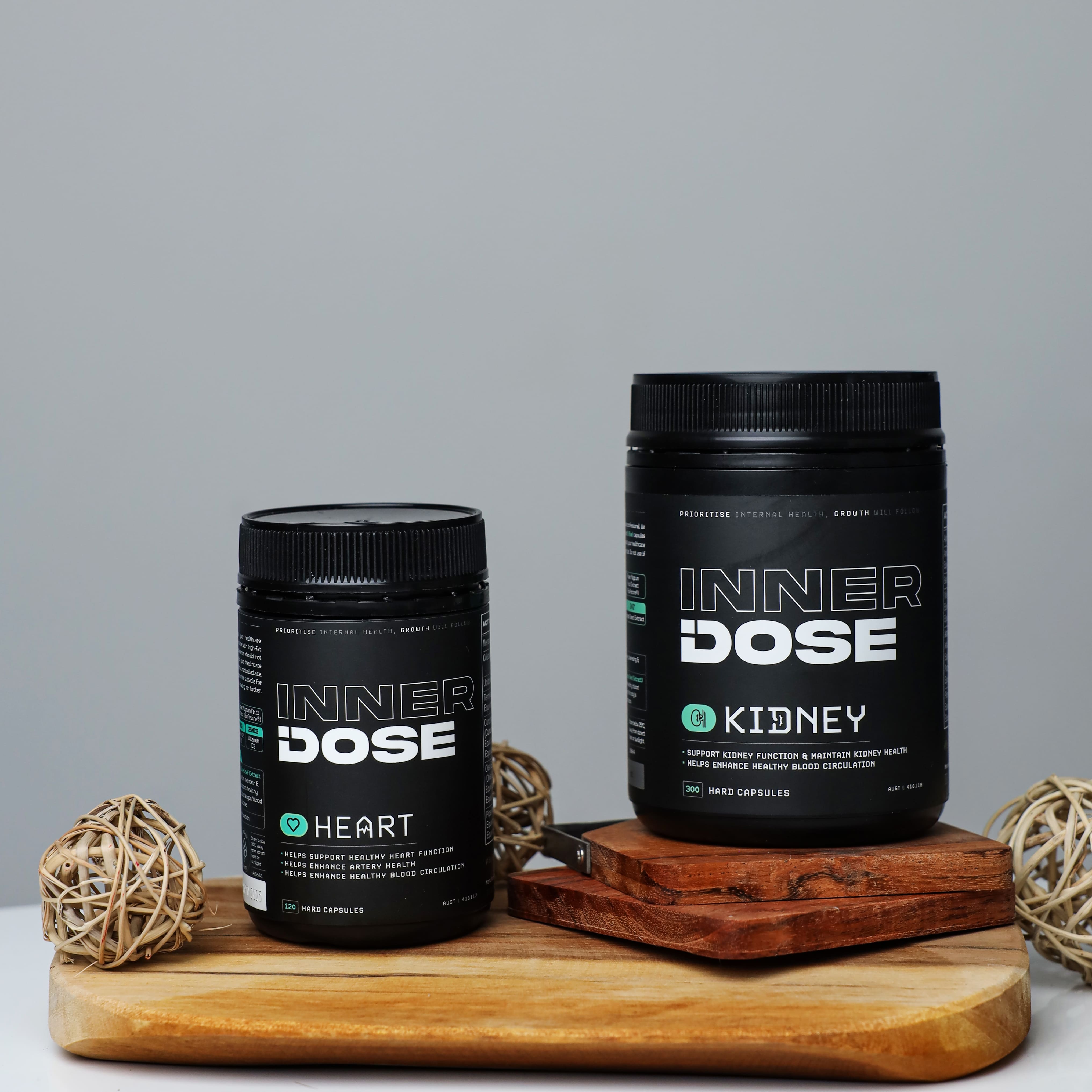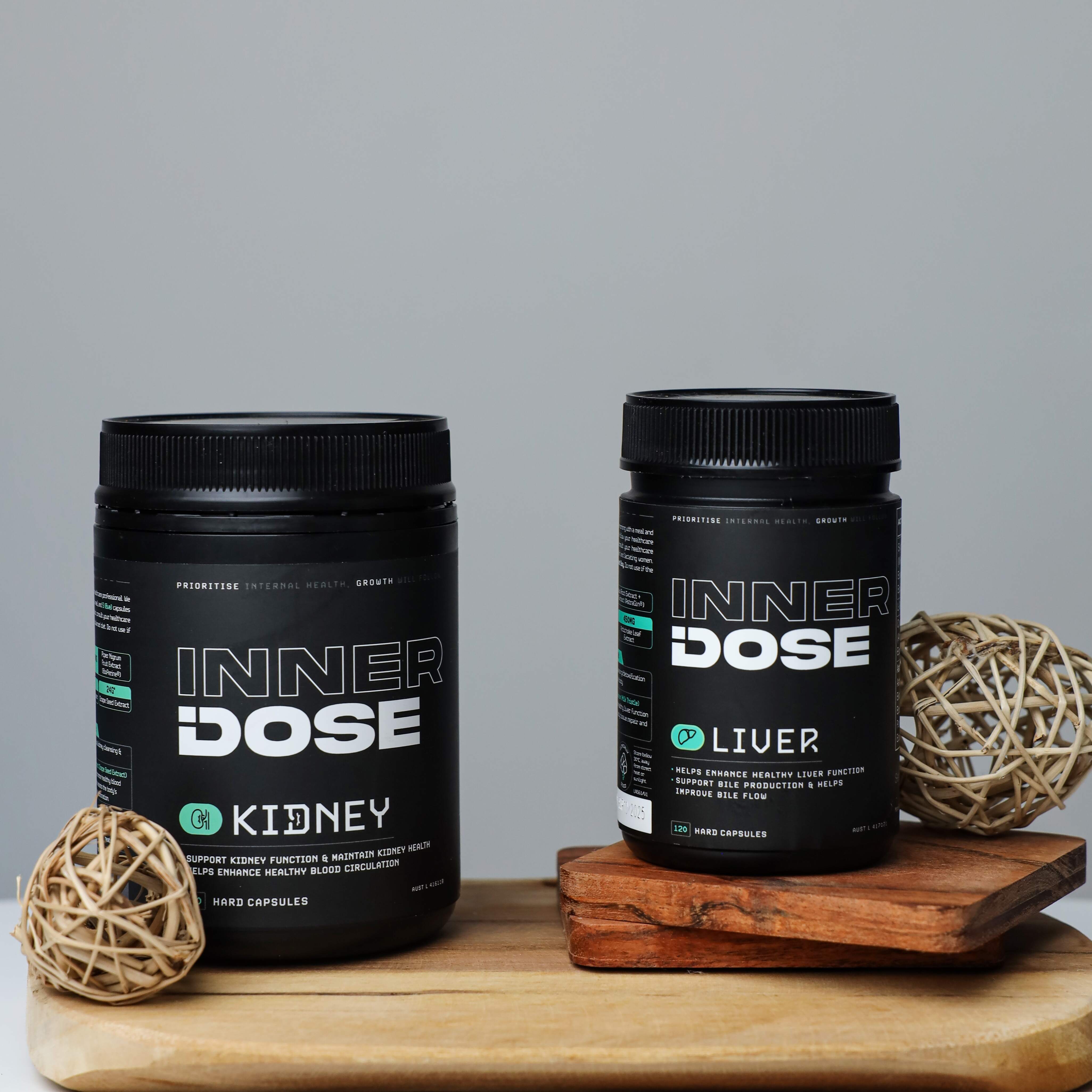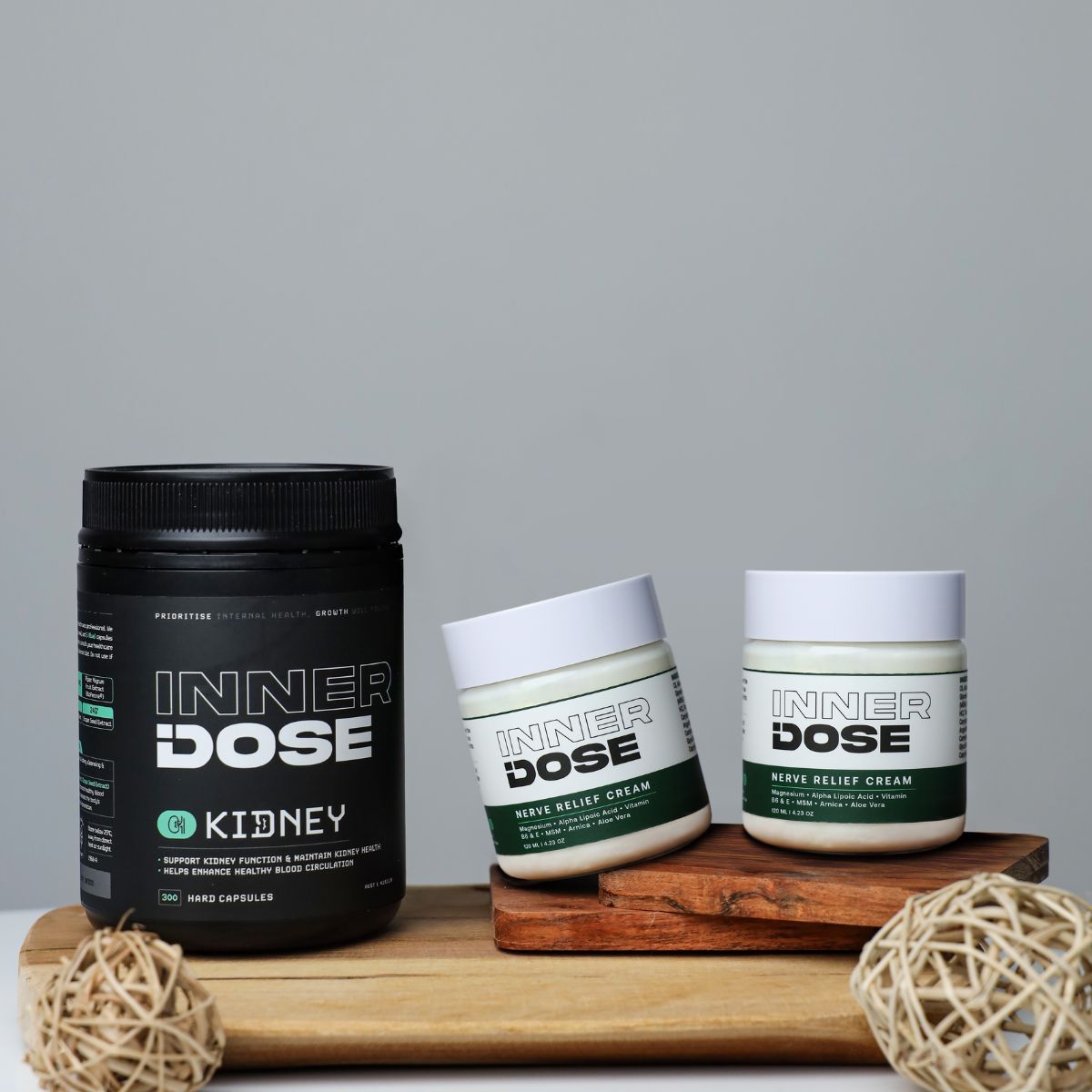The Importance of Fibre Intake for Your Overall Health
Fibre is a vital, yet often overlooked, component of our daily diet. It impacts almost every aspect of our health—from digestive regularity to hea...

Fibre is a vital, yet often overlooked, component of our daily diet. It impacts almost every aspect of our health—from digestive regularity to heart health, and even fitness performance. However, many of us aren’t getting enough fibre, which can lead to a variety of health issues.
In this post, we’ll explore the importance of fibre intake and how increasing your daily intake can benefit your overall well-being.
Why Fibre is Essential for Your Health

Fibre is often referred to as nature’s broom—it helps clean out your digestive system and keep things running smoothly. But its benefits go far beyond that. Fibre plays a role in:
- Gut Health: By promoting regular bowel movements, fibre helps prevent constipation and supports a healthy gut microbiome.
- Heart Health: A fibre-rich diet can lower cholesterol levels and reduce the risk of heart disease.
- Energy and Blood Sugar Levels: Fibre helps regulate blood sugar levels, providing steady energy throughout the day and reducing energy crashes.
- Weight Management: Fibre keeps you feeling fuller for longer, which can help regulate appetite and prevent overeating.
Without enough fibre, these crucial aspects of your health may start to suffer.
Silent Signs You May Be Low on Fibre

Many people don’t realize they’re running low on fibre until they experience uncomfortable symptoms. Here are some common signs that your fibre intake might be too low:
- Constant Hunger: If you’re always reaching for snacks or feeling unsatisfied after meals, low fibre could be to blame. Fibre helps regulate your appetite by keeping you full longer after eating.
- Irregular Bowel Movements: If you experience infrequent or difficult bowel movements, it’s a clear sign that you may not be getting enough fibre in your diet.
- Feeling Tired or Experiencing Energy Crashes: Fibre helps regulate blood sugar levels, which in turn keeps your energy levels steady. Without enough fibre, you may find yourself feeling fatigued and sluggish throughout the day.
How to Boost Your Fibre Intake

If you’re noticing any of these signs, it’s time to increase your fibre intake. Here are some easy and practical ways to get more fibre into your daily routine:
- Gradually Add More Fruits and Vegetables: Incorporate fibre-rich fruits like berries, apples, and pears, as well as vegetables like broccoli, carrots, and leafy greens, into your meals.
- Start Your Day with Fibre: A great way to boost your fibre intake is by beginning your morning with fibre-rich foods like oatmeal topped with fruits, or whole grain cereals.
- Swap Processed Snacks for Nuts and Seeds: Instead of reaching for processed snacks, choose fibre-rich nuts, seeds, and legumes to keep you full and satisfied.
- Choose Whole Grains Over Refined Grains: Whenever possible, opt for whole grain bread, pasta, and rice instead of refined grains.
- Incorporate Fibre-Rich Foods: Adding chia seeds, ground flaxseed, fruits, vegetables, and whole grains to your daily meals can help ensure you’re getting the fibre your body needs.

Ready to take control of your fibre intake? Explore practical ways to boost your fibre intake and make simple, healthy changes to your diet today!
Fibre plays a crucial role in maintaining your overall health, from supporting digestion to regulating blood sugar and improving heart health. If you’re experiencing symptoms like constant hunger, irregular bowel movements, or low energy, it may be time to focus on increasing your fibre intake. By making small changes to your diet, such as incorporating more fruits, vegetables, and whole grains, you can ensure you’re getting the fibre your body needs to thrive. Let Inner Dose be your partner in building a healthier, fibre-rich lifestyle.

